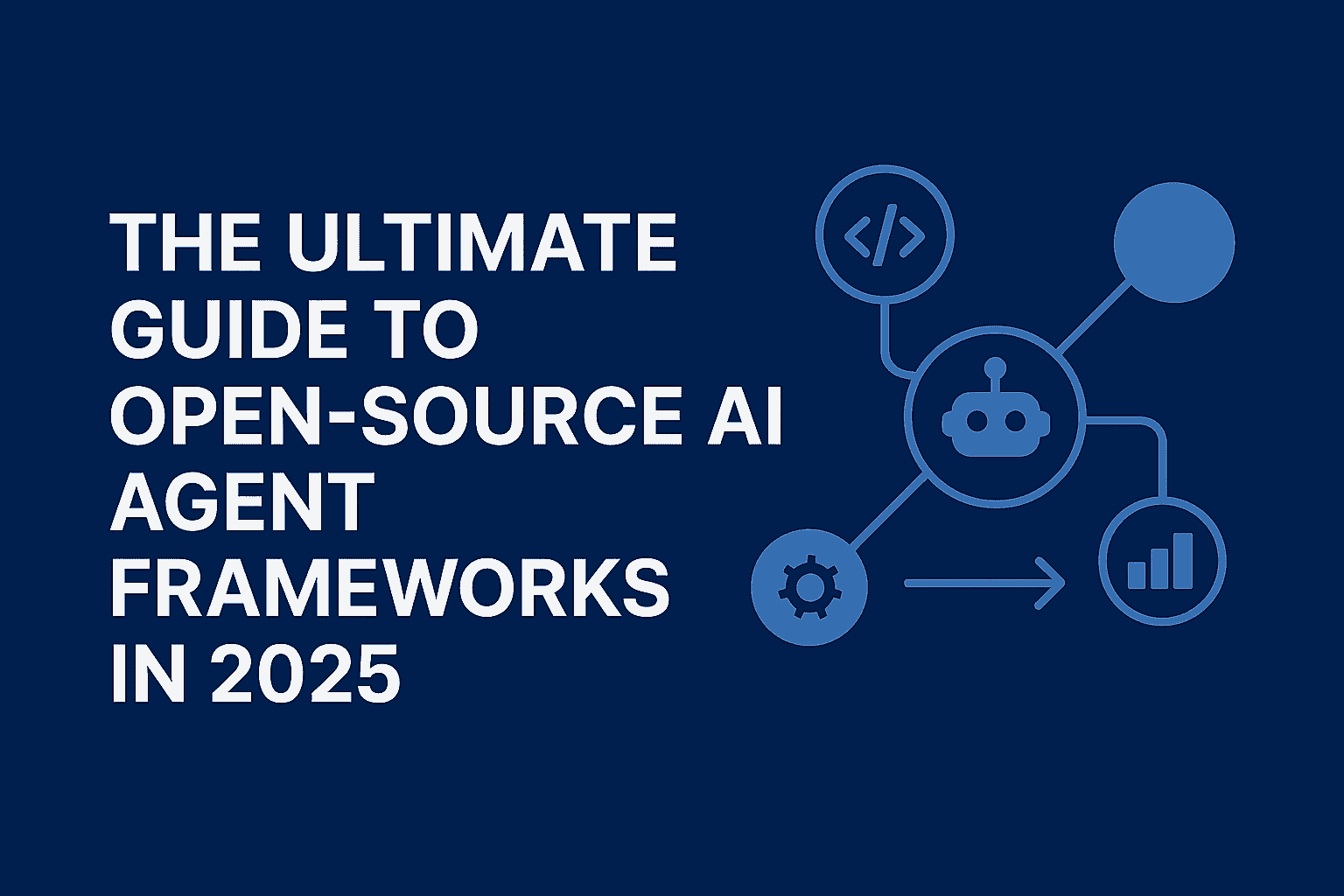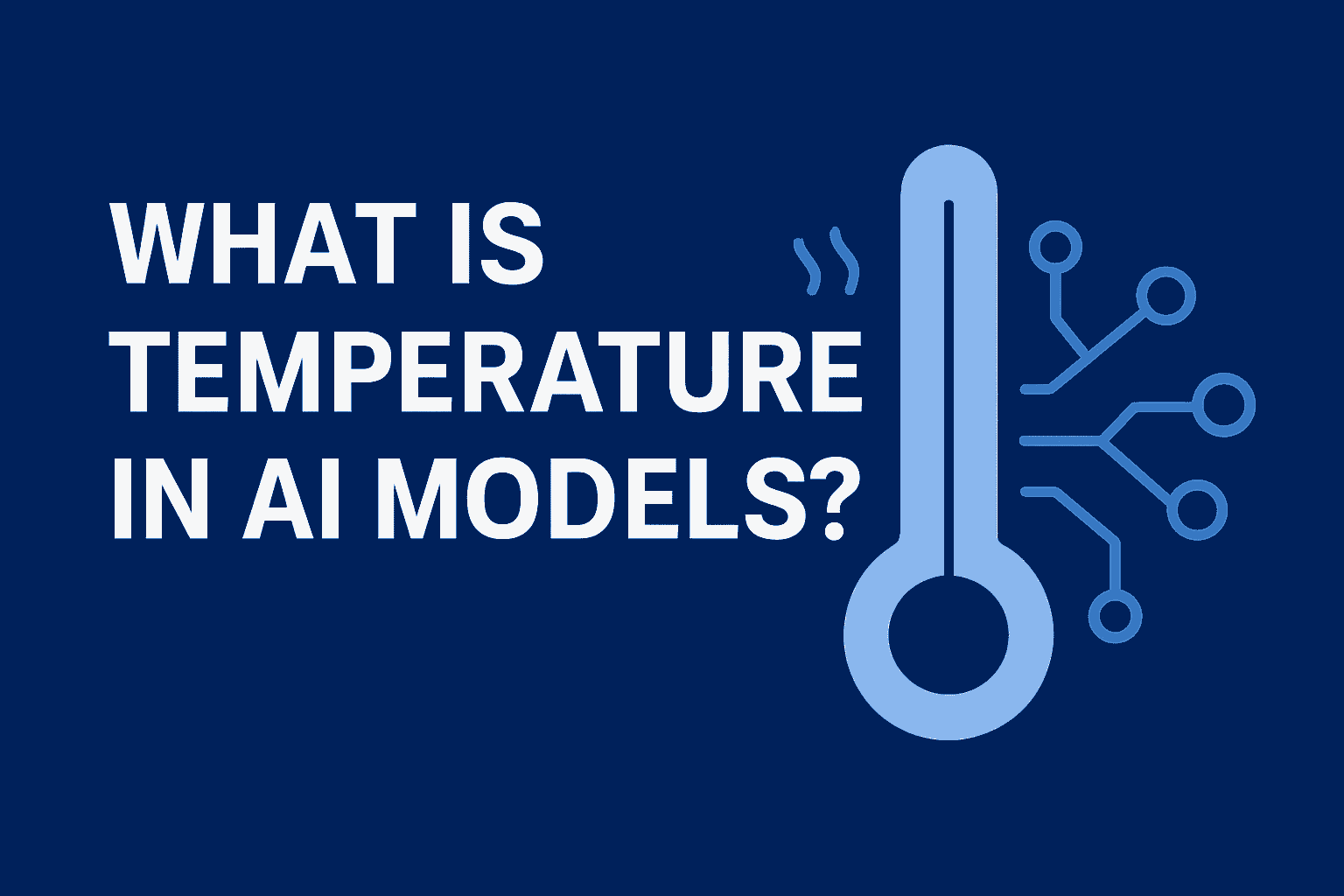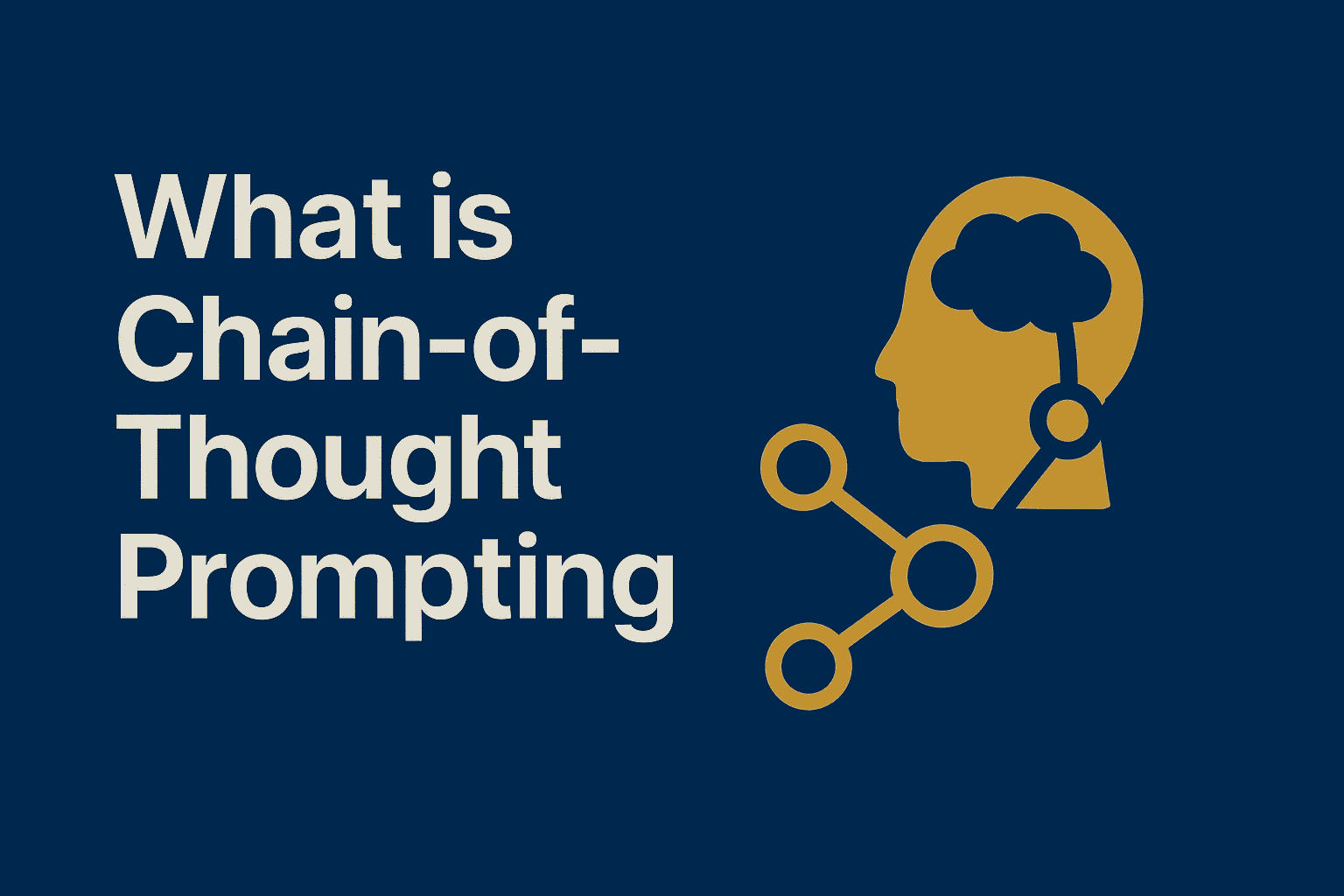
🧨 The Ultimate Guide to Open-Source AI Agent Frameworks in 2025
Ai engineer
AI agents in 2025 are smarter than ever, with open-source frameworks powering automation, research, and real-world apps. 🛠️ From LangChain’s all-round power to Dify’s low-code magic, there’s a tool for every developer, team, or startup. ✅ Choosing the right framework means faster prototyping, scalable workflows, and turning AI ideas into impact.
🧨 The Ultimate Guide to Open-Source AI Agent Frameworks in 2025
In 2025, the landscape of AI agent frameworks has evolved dramatically, offering developers a plethora of tools to build intelligent, autonomous systems. These frameworks empower applications to reason, plan, and execute tasks across various domains—from personal assistants to enterprise-level automation. Whether you're an AI enthusiast or a seasoned developer, understanding these frameworks is crucial for staying ahead in the AI revolution.
🧠 Top Open-Source AI Agent Frameworks to Watch
1. 🛠️ LangChain – The Swiss Army Knife
LangChain isn’t just versatile—it’s a powerhouse. Build agents that think, plan, and act like a mini-brain on your side. With endless integrations and tool hookups, it’s the framework that practically does everything… except make your coffee (for now).
2. 🤝 AutoGen by Microsoft – The Team Player
Need multiple agents to work together like a well-oiled machine? AutoGen is your answer. It thrives in collaborative workflows, perfect for complex enterprise setups where coordination is key.
3. 🛳️ CrewAI – The Friendly Starter
CrewAI is like a gentle introduction to AI agents—intuitive, approachable, and surprisingly powerful. Ideal for beginners who want results fast without drowning in setup complexity.
4. ⚡ OpenAI Swarm – The Rapid Prototyper
Prototype, test, iterate—Swarm makes experimenting with agent behaviors a breeze. It’s perfect for proof-of-concept projects, learning, or rapid ideation. Think of it as a sandbox for AI minds.
5. 🧪 AgentLite – The Researcher’s Sidekick
Lightweight but clever, AgentLite helps you explore new reasoning strategies and agent architectures without heavy setup. Ideal for researchers or anyone tinkering with novel AI workflows.
6. ☁️ Google Agent Development Kit (ADK) – The Cloud Navigator
ADK plugs your agents straight into the Google ecosystem, from Gemini to Vertex AI. Build scalable, hierarchical agents for enterprise tasks or Google Cloud workflows with ease. A must for cloud-first projects.
7. ✨ Dify – The Low-Code Magician
Dify makes AI agent development visually simple but surprisingly powerful. Drag, drop, connect—then watch your agent handle tasks using multiple LLMs, RAG, and Function Calling. Perfect for startups or non-tech users who want instant results.
🔍 Picking Your Perfect AI Agent Sidekick
Choosing the right framework depends on what kind of AI adventure you’re planning:
- 🛠️ For All-Round Power – Go with LangChain. Tons of integrations, endless flexibility, and the “Swiss Army knife” of AI agents.
- 🤝 For Teamwork – AutoGen shines when multiple agents need to collaborate like a dream team.
- 🛳️ For Beginners & Smooth Sailing – CrewAI makes starting easy without sacrificing capability.
- ⚡ For Quick Experiments – OpenAI Swarm is perfect for prototyping, testing ideas, or rapid iterations.
- 🧪 For Research & Innovation – AgentLite gives you a lightweight playground to tinker with new reasoning strategies.
- ☁️ For Cloud & Enterprise Workflows – Google ADK integrates seamlessly with the Google ecosystem for scalable projects.
- ✨ For Low-Code & Visual Magic – Dify lets anyone, tech-savvy or not, create agents quickly using drag-and-drop simplicity.
Think of it like choosing your AI agent companion—pick the one that matches your style, goals, and level of adventure.
🔧 Real-World Applications – Where AI Agents Shine 🌟
These frameworks aren’t just experiments—they’re actively shaping real projects and industries. Here’s how:
-
🚀 Block & Goose – Coding Made Smarter
-
Developed by Jack Dorsey’s Block.
-
AI agent Goose assists with:
- Writing code snippets
- Generating data visualizations
- Prototyping new features
-
Reduces repetitive work and speeds up development.
-
Open-sourced for global developer use.
-
-
💻 Nvidia & NeMo Microservices – Custom Agents at Scale
-
Platform for building autonomous AI agents with open-weight models.
-
Advantages:
- Full control over agent behavior
- Ideal for enterprise automation, R&D, and analytics
- Scalable and flexible deployment
-
Used for customer support, workflow optimization, and specialized analytics.
-
-
🏢 Startups & Enterprise Adoption
-
Frameworks like Dify and Google ADK enable:
- Low-code and visual agent creation
- Rapid prototyping of AI applications
- Customer engagement automation
-
Suitable for both small startups and large organizations.
-
-
🎓 Education & Research
-
Frameworks like AgentLite and OpenAI Swarm help researchers and students:
- Explore advanced reasoning strategies
- Test multi-agent collaboration
- Experiment with task-oriented LLM systems
-
Lightweight and accessible for academic projects.
-
✅ Key Takeaway: AI agents are bridging imagination and real-world impact—from boosting productivity and prototyping to enabling enterprise automation and research innovation.
🏁 Conclusion
The open-source AI agent framework landscape in 2025 is rich with options, each catering to different needs and expertise levels. By understanding the strengths of each framework, you can select the one that best aligns with your project requirements. As AI continues to evolve, staying informed about these tools will be crucial for developing intelligent, autonomous systems.

